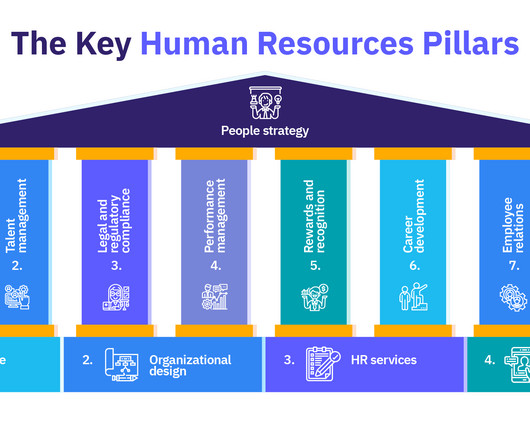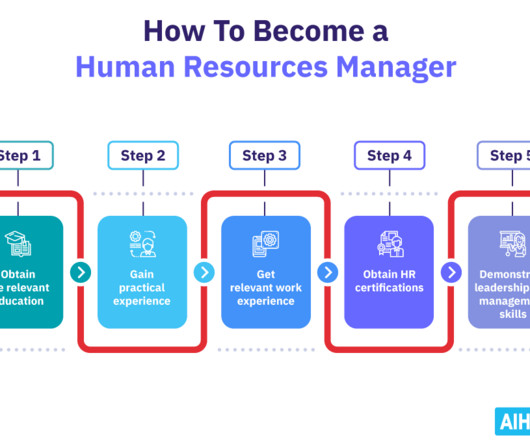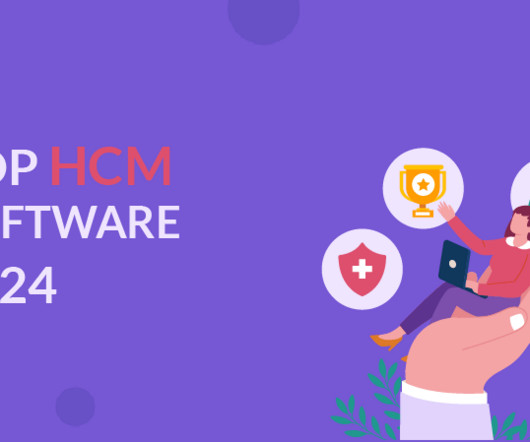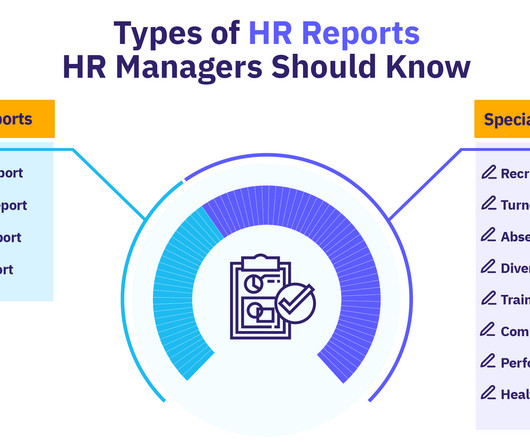From Compliance to Talent Management: The 15 Essential HR Responsibilities
AIHR
MAY 10, 2023
Strategic role: Strategic planning and business alignment 2. Meeting compliance requirements: Legal, compliance, and administrative responsibilities 3. Growing the business: Workforce planning, recruitment, and selection responsibilities 4. Strategic role: Strategic planning and business alignment 1.
















Let's personalize your content